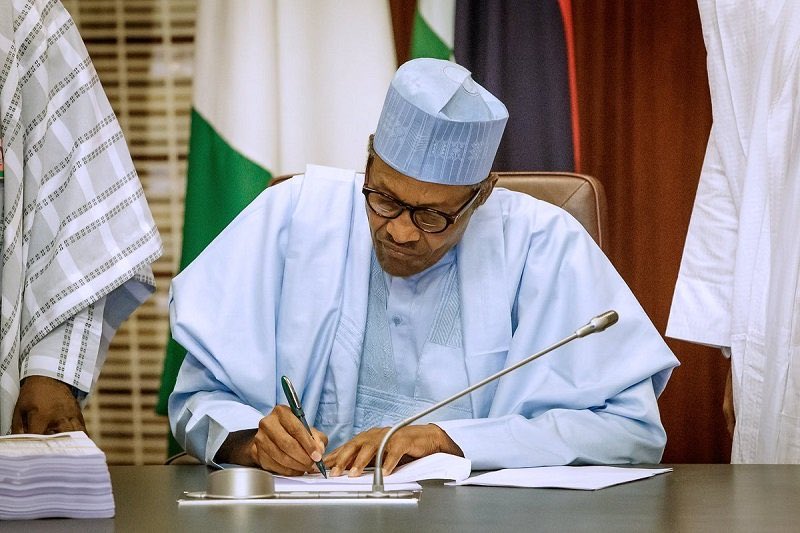The Nigeria Startup Bill (NSB) has been passed into law and is now the Nigeria Startup Act (2022).
The announcement was made today by minister of communications and digital economy Isa Pantami, who shared on Twitter that Nigerian president, Muhammadu Buhari, has signed the bill into law.
This news comes a year after the draft bill was first submitted to the Presidency and the Federal Executive Council (FEC). It also comes almost three months after the Nigerian senate passed the bill.
With the new Act, Nigeria’s tech ecosystem should see an improved enabling environment in the near future. Tech startups in Nigeria face a number of regulatory hurdles, and suffer from a lack of basic amenities like constant power supply and limited funding.
Crypto startups, for example, have had to innovate since the Central Bank of Nigeria reinforced a ban on crypto trading in 2021. In 2020, state regulations also banned bike-hailing startups in Lagos, Nigeria’s most populous city, and sent mobility startups like ORide, Max.ng, and Gokada running from the city.
One of the 3 objectives of the Nigeria Startup Act is to bridge the engagement gap between startups and regulators and ensure that harmful regulations like these are shut down. Among other things, the bill also seeks to encourage the establishment, development and operation of startups in the country via incentives like tax breaks, government loans, and credit guarantee schemes.
The NSB—now NSA—has provisions for tax breaks for new startups, and also provides tax incentives for foreign service providers. It also delineates requirements for registration and licensing or labelling of startups.
The timeline of the bill
June–September 2021: The Nigeria Startup Bill draft is created by the Nigerian presidency, in collaboration with 30 tech leaders including Ventures Platform founder Kola Aina and Future Africa founder Iyin Aboyeji, NITDA officials, and the minister of digital economy Isa Pantami.
October 2021: A draft of the bill is submitted to the Presidency and the Federal Executive Council (FEC).
December 2021: The Federal Executive Council (FEC) approves the bill.
February 2022: Nigerian president, Muhammadu Buhari, passes the bill to the National Assembly.
March 2022: The bill reaches the National Assembly and is received by the Nigerian Senate.
June 2022: Lagos, Nigeria’s most populous state, announces plans to domesticate the bill at state level.
July 2022: Nigerian Senate approves the bill and passes it to the House of Representatives.
July 2022: The House of Reps passes the bill to the president for approval.
October 2022: President Muhammadu Buhari signs the bill into law.






















